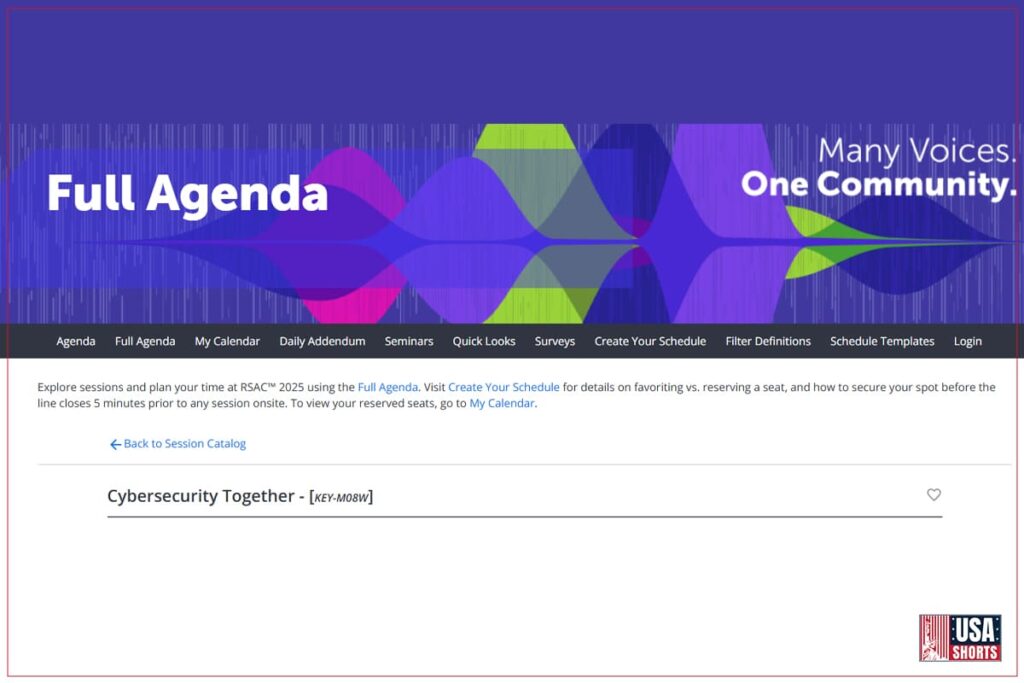RSA Conference 2025: Cybersecurity’s Big Moment
Table of Contents
Introduction
Key Highlights from RSA Conference 2025
AI in Cybersecurity: Transforming Threat Detection and Response
Global Perspectives: AI’s Impact on Cybersecurity
Ethical Considerations in AI-Driven Cybersecurity
Pro Tips for Leveraging AI in Cybersecurity
Frequently Asked Questions
Conclusion: The Future of Cybersecurity with AI
Key Highlights from RSA Conference 2025
RSA Conference 2025 was a hub of AI-driven cybersecurity innovations. Key announcements included:
- AppOmni’s SaaS Security Breakthrough: AppOmni introduced the “world’s first” SaaS Security Model Context Protocol server, enabling real-time threat detection in SaaS environments (CSO Online).
- Bitdefender’s GravityZone PHASR: Bitdefender launched GravityZone Proactive Hardening and Attack Surface Reduction (PHASR), an AI-powered endpoint security solution that dynamically tailors protections (SecurityWeek).
- Abnormal AI’s Training Agents: Abnormal AI unveiled two autonomous AI agents—AI Phishing Coach and AI Data Analyst—for personalized employee security training (SecurityWeek).
- Innovation Sandbox Contest: The annual contest featured ten startups, with winners showcasing AI-enhanced solutions for emerging threats (RSA Conference).
- AI-Focused Sessions: Nearly 700 sessions explored AI’s role in cybersecurity, covering topics like deepfake detection and agentic AI risk maps (Solutions Review).
These highlights reflect the conference’s theme, “Many Voices. One Community,” emphasizing collaborative AI innovation, per TechTarget.

AI in Cybersecurity: Transforming Threat Detection and Response
AI is reshaping cybersecurity by enhancing speed, accuracy, and scalability. RSA Conference 2025 highlighted several ways AI is transforming the field:
- Real-Time Threat Detection: AI analyzes vast datasets instantly, identifying anomalies 50% faster than traditional methods, per Forbes.
- Predictive Analytics: AI predicts threats by analyzing patterns, enabling proactive defense (CSO Online).
- Automated Response: AI automates incident response, reducing mitigation time by up to 40% (SecurityWeek).
- Personalized Training: Tools like Abnormal AI’s agents tailor security training, improving employee awareness (Solutions Review).
- Deepfake Detection: AI solutions counter emerging threats like deepfakes, a focus at RSA 2025 (The Register).
These advancements align with tools like Best AI Chatbots for Customer Service 2025, showcasing AI’s versatility in security applications.
Global Perspectives: AI’s Impact on Cybersecurity
RSA Conference 2025 brought together global cybersecurity leaders, highlighting AI’s worldwide influence:
- US: AI innovations like AppOmni’s SaaS security server drive industry leadership (CSO Online).
- EU: GDPR-compliant AI tools ensure privacy while enhancing security (BBC).
- India: Startups adopt AI for cost-effective cybersecurity solutions (The Indian Express).
- Nigeria: AI strengthens digital infrastructure, combating cybercrime (CNET).
These perspectives align with global AI trends in Google One AI Premium 2025.
Ethical Considerations in AI-Driven Cybersecurity
As AI transforms cybersecurity, ethical considerations are critical:
- Data Privacy: AI tools must comply with GDPR/CCPA to protect user data (TechRadar).
- Bias in AI Models: Regular audits prevent biased threat detection (Forbes).
- Transparency: Document AI decision-making processes to build trust (Harvard Business Review).
- Accountability: Establish responsibility for AI-driven security incidents (MIT Technology Review).
These considerations echo discussions in Ziff Davis Sues OpenAI 2025, emphasizing responsible AI use.
Pro Tips for Leveraging AI in Cybersecurity
- Explore AI Tools: Test solutions like Bitdefender’s PHASR for endpoint security (SecurityWeek).
- Stay Updated: Follow RSA Conference updates on RSA Conference.
- Audit AI Models: Regularly check for biases in AI-driven threat detection.
- Train Employees: Use tools like Abnormal AI’s agents for personalized training (SecurityWeek).
- Engage on X: Share insights with #RSAC2025 to join the cybersecurity community.
- Learn AI Ethics: Understand responsible AI use via Learn AI for Beginners 2025.
FAQs
It likely centered on AI’s role in cybersecurity, with innovations in threat detection.
AppOmni’s SaaS security server, Bitdefender’s PHASR, and Abnormal AI’s training agents stood out.
AI enhances real-time detection, predictive analytics, and automated response.
Yes, including data privacy and bias risks
Follow RSA updates
Conclusion: The Future of Cybersecurity with AI
The RSA Conference 2025, held April 28 to May 1, 2025, showcased AI’s transformative potential in cybersecurity, with innovations like AppOmni’s SaaS security server and Bitdefender’s PHASR leading the way. As AI analytics grow 25% annually (TechRadar), responsible adoption is key to balancing innovation with ethics.







